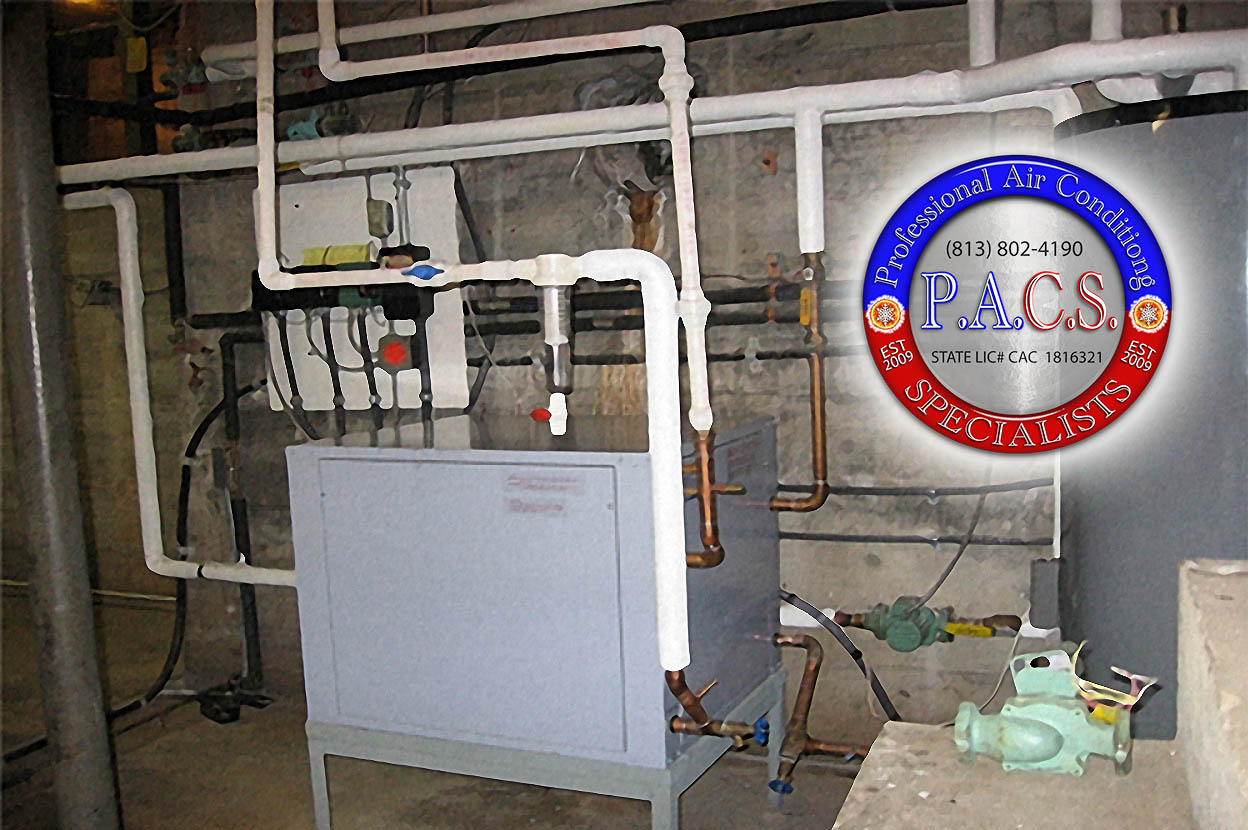What is the difference of AC and HVAC?
An HVAC unit heats, cools, and ventilates your home; and an AC unit only cools your home.
HVAC systems are essential components of Heat pumps, and their ongoing servicing and maintenance are key to both their efficient functioning.
Here are the steps involved in HVAC/Heat Pump Servicing:
Check and Clean Outdoor Unit:
Over time, heat pumps' outdoor units may become fouled with dirt, leaves and other obstructions which impede their performance.
Regularly checking this component for obstructions and cleaning it off as part of regular maintenance is key for optimal operation.
Check and Clean Indoor Unit:
As with the outdoor unit of a heat pump, its indoor unit must also be regularly checked to ensure optimal airflow and avoid blockages or any potential blockages that might obstruct airflow.
Check refrigerant levels:
Adequate refrigerant levels are essential to the efficient operation of a heat pump, so the technician should conduct an assessment of these levels and add extra refrigerant as required. Verify electrical components: To maintain optimal function of electrical components such as wiring and connections, regular inspection of these elements should be conducted to ensure proper function.
Lubricate Moving Parts:
Heat pumps contain multiple moving parts that need to be regularly lubricated in order to reduce wear and tear and extend their lifespan.
Check and replace air filters:
Clogged air filters can reduce the efficiency of a heat pump, as well as affect indoor air quality, which is why our technicians will inspect and replace filters as required.
Test the thermostat:
As the center of a heat pump's control system, its thermostat must be tested regularly in order to make sure that its functioning optimally.
Maintenance on your heat pump can help protect it against breakdowns, increase energy efficiency, and extend its lifespan. A professional HVAC technician should conduct heat pump service at least annually.
|
